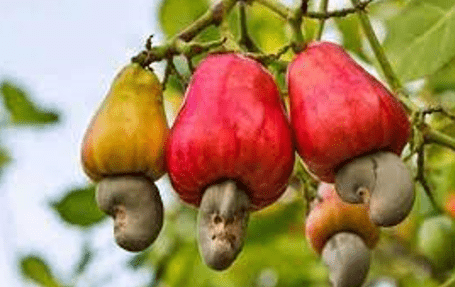An announcement by the Tree Crop Development Authority (TCDA) cautioning persons and companies exporting raw cashew nuts (RCN) without registration and licence to desist demonstrates the authority’s regulatory powers.
Consequently, TCDA reminds all and sundry that the act constitutes a violation of laws governing the country’s cashew export trade and stipulates sanctions.
Indeed, worry has been expressed about the surge in illegal exports which has been contributing to the high volume of raw cashew nut trade from the country. Back in 2016, government experimented with an export ban on raw cashew in order to encourage homegrown processing.
However, the policy had to be abandoned within a couple of weeks after vociferous protests from farmers and traders. Ghana remains the third-largest exporter of unprocessed cashew nuts in the world – behind Ivory Coast in first place and Cambodia in second.
The country grows some 180,000 tonnes of the commodity annually but almost 90 percent of the cashew produced is exported in its raw form. The Africa Cashew Alliance says Ghana generates some US$300million in export revenues each year.
The Alliance however maintains there could be significantly higher returns if the commodity is processed to add value.
Lack of value addition in the cashew sector has warranted cashew farmers relying on exporting the raw nuts, since that is their only viable option to make money.
Last month, the Cashew Traders and Exporters Association of Ghana expressed concern over unlawful practices by some unauthorised foreign traders in the market. The Association claims foreign traders were manipulating the market by purchasing the commodity at inflated prices, thereby undermining established trade practices.
The Association claimed foreign players are unlawfully purchasing cashew as high as GH¢25, significantly exceeding the official selling price of GH¢15 per kilogramme.
Cashew pricing has been a major issue of contention among farmers, buyers and processors in Ghana.
Price volatility of cashew makes it difficult for actors of the sector, especially local processors, to effectively plan their operations for the year; and this not only affects these actors but also growth of the entire cashew sector.










